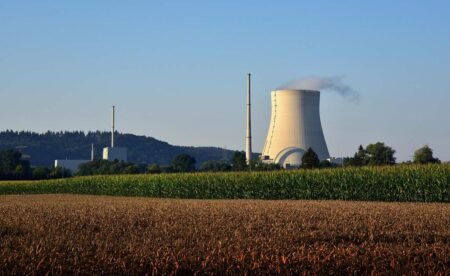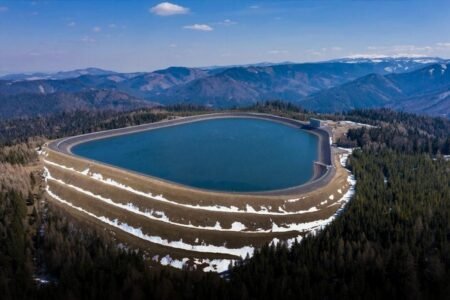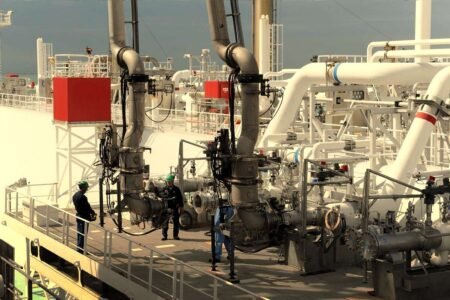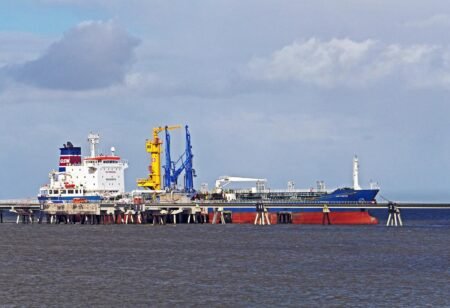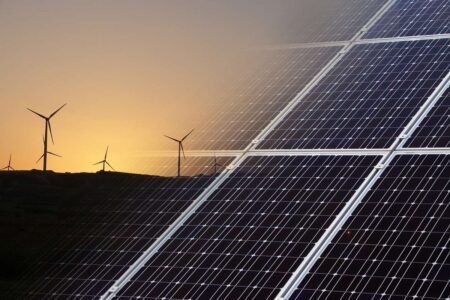The European Commission sets out its reaction to the current geopolitical environment and the EU’s import dependence: it advocates a new European Energy Security Strategy. Diversifying external energy supplies, upgrading energy infrastructure, completing the EU internal energy market and saving energy are among its main points. The strategy also highlights the need to coordinate national energy policy decisions and the importance of speaking with one voice when negotiating with external partners. It builds on the progress already achieved since the gas crisis in 2009. The proposals of the Commission, including actions to ensure uninterrupted supplies this winter, will be discussed by EU Heads of State or Government at the European Council on 26-27 June.
Advertisement
To ensure uninterrupted supplies this winter, the Commission proposes comprehensive risk assessments (stress tests). These would be conducted on the regional or EU level by simulating a disruption of the gas supply. The aim is to check how the energy system can cope with security of supply risks and based on that develop emergency plans and create back-up mechanisms. Such mechanisms could include increasing gas stocks, decreasing gas demand via fuel-switching (in particular for heating), developing emergency infrastructure like, for example, completing reverse flow possibilities and pooling parts of the existing energy security stocks.
To address the medium- and long-term security of supply challenges, the Commission proposes actions in several key areas:
- Completing the internal energy market and building missing infrastructure links is essential to quickly respond to possible supply disruptions by directing energy flows across the EU as and where needed. The Commission has identified 33 infrastructure projects which are critical for the EU’s energy security. Apart from that, the Commission proposes to extend the target as regards interconnection of installed electricity capacity to 15% by 2030 while taking into account the cost aspects and the potential of commercial exchanges in the relevant regions. (Member States have already committed to ensure interconnectivity of 10% by 2020.)
- Diversifying supplier countries and routes. In 2013, 39% of EU gas imports by volume came from Russia, 33% from Norway and 22% from North Africa (Algeria, Libya). While the EU will maintain its relationship with reliable partners, it will seek ties to new partner countries and supply routes, e.g. in the Caspian Basin region by further expanding the Southern Gas Corridor; by developing the Mediterranean Gas Hub and by increasing LNG supplies.
- Strengthening emergency and solidarity mechanisms and protecting critical infrastructure. In this respect the Commission will for example review the provisions and implementation of the Security of Gas Supply Regulation.
- Increasing indigenous energy production: This includes further deployment of renewables, and sustainable production of fossil fuels.
- Improving coordination of national energy policies and speaking with one voice in external energy policy. The Commission aims to be involved at an early stage in envisaged intergovernmental agreements with third countries that could have a possible impact on security of supply. Moreover, the Commission will ensure that all such agreements and all infrastructure projects on EU territory fully comply with the relevant EU legislation.
- Further developing energy technologies.
- Increasing energy efficiency. As buildings are responsible for 40% of our energy consumption and a third of natural gas use, this sector plays a crucial role.
Background
Recent events have raised EU-wide concerns about ensuring uninterrupted energy flows as well as stable energy prices. At the European Council of March 2014 the Commission committed to conduct an in-depth study on European energy security and to present a comprehensive plan on how to reduce EU energy dependence. The findings and the proposals will be discussed at the European Council on 26-27 June.
On the one hand global energy demand is growing and is expected to increase by 27% by 2030. On the other hand EU domestic energy production has decreased by almost one-fifth between 1995 and 2012. Today more than 50% of the EU’s energy needs are covered by external suppliers: in 2012 almost 90% of oil, 66% of gas and 42% of solid fuels consumed in the EU were imported, representing a bill of more than 1 billion per day.
Further information
EC website: In-depth study of European Energy Security and Communication “European Energy Security Strategy”


